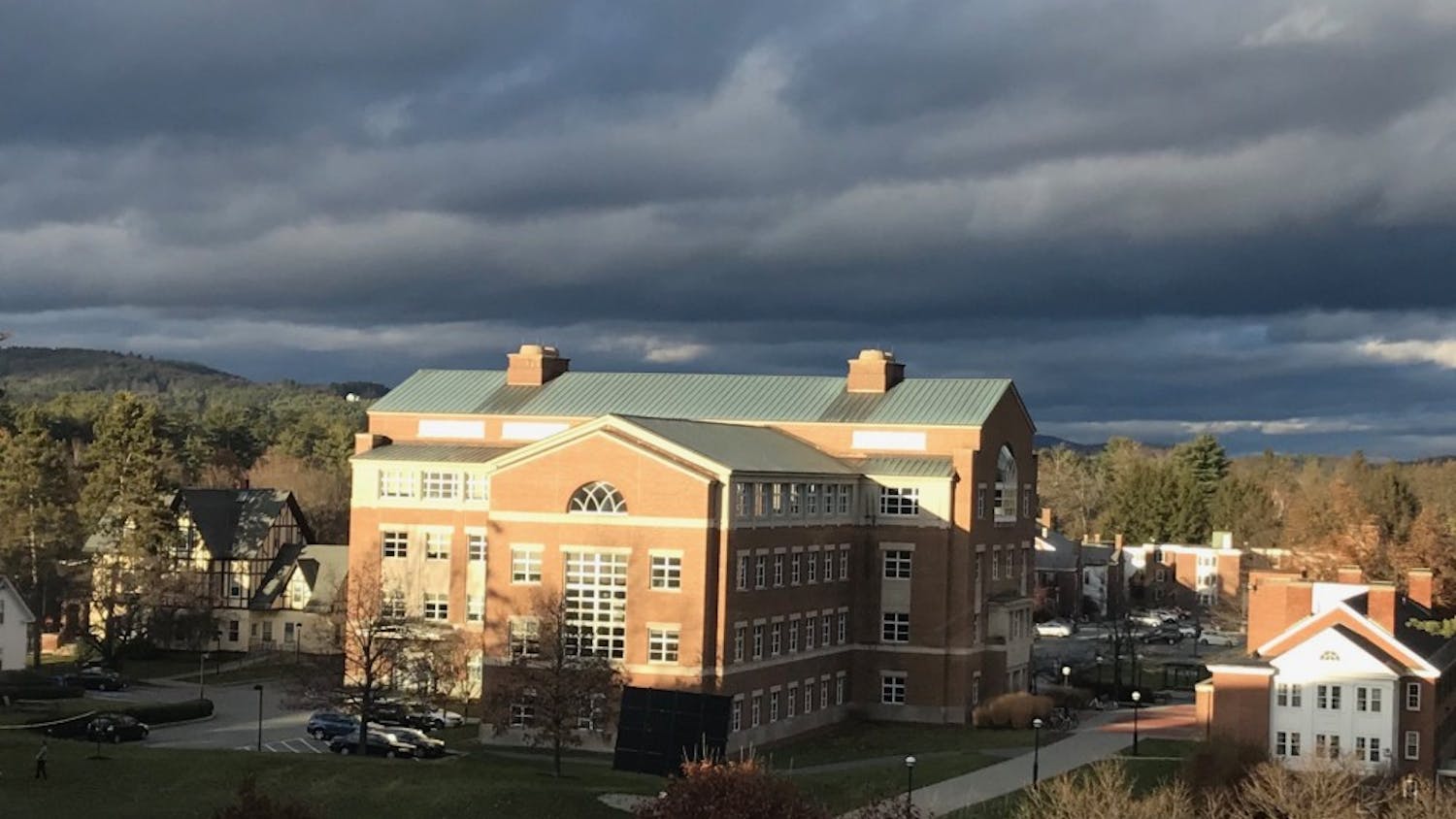Peter Earnest, former chief of media relations for the Central Intelligence Agency, held an informal question and answer session with about 20 students last night in the Class of 1930 Room in Rockefeller Center.
Earnest retired from the CIA last January after working for the agency for 35 years, during which time he also represented the CIA to the U.S. Senate.
In last night's discussion, Earnest answered questions from the audience outlining the history of the CIA, which was founded in 1947 after World War II and its relevance in today's post-Cold War age.
"One of the major successes of western intelligence and the CIA is that the cold war did not become a hot war," Earnest said.
He also stressed that the CIA does not predict the future, but rather provides accurate and unbiased information to policy makers so they can decide how to respond.
Earnest said the CIA keeps no secrets from Congress, which controls the agency's budget and needs to be kept informed of covert operations.
Earnest responded to questions asked about Aldrich Ames, the CIA agent arrested last week on charges that he spied for the former Soviet Union.
He said if the allegations are correct, the CIA will conduct an internal investigation to try to determine what went wrong.
"There will be a lot of questions asked," Earnest said
Earnest said one of the great successes of the CIA's covert action was the support it provided to the resistance in Afghanistan against Soviet troops in the late 1980s.
After the collapse of the Soviet Union, the agency has redirected its resources to matters concerning proliferation, economics and terrorism, he said.
Speakers representing the State Department and Drug Enforcement Agency could not make it to the talk, because of the snow storm.
The Rockefeller Student Council sponsored the discussion, which was moderated by David Melaugh '97.



